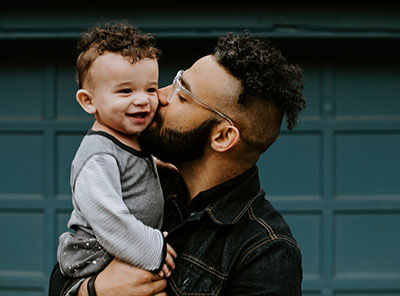WHAT IS COLLABORATIVE PRACTICE ?

Collaborative Practice is a form of dispute resolution where each spouse is separately represented by a lawyer, and the parties and their respective lawyers sign an agreement (the participation agreement) which provides for the following:
- If either party starts contested court proceedings, all of the collaborative professionals (including the lawyers) are disqualified from acting for the parties;
- both parties agree to full, timely disclosure of all relevant information and documents, and agree to good faith negotiations;
- the negotiations are confidential and without prejudice; and
- the negotiations are concluded when the parties come to an agreement, which is put into writing (a separation agreement) by the lawyers and then signed by the parties and witnessed by the lawyers.
In Collaborative Practice each party has their own lawyer who is their advocate and supports them through the negotiations. Since collaborative lawyers are trained in both Collaborative Practice and mediation, the lawyers use these skills to assist the parties in negotiations without being confrontational. The negotiations are respectful, supportive, considerate and constructive. The Collaborative Practice model also has the option of clients retaining a financial specialist, and/or mental health professionals, including child specialists, depending upon parties' particular needs.
In British Columbia, approximately 97% of court cases settle prior to a trial. However, once court proceedings are begun, the litigants are expected to follow court procedures and rules, which include drafting documents and particular process steps which are designed to formalize, streamline, and shepherd the court process. Naturally, each of these steps has costs associated with it. Collaborative Practice starts from a different assumption. It starts from the assumption that most cases will settle and do not need the formal process steps designed for litigation. What people commonly need to assist them in settling matters is negotiation support, legal advice, full disclosure, sufficient communication skills, and a safe and respectful negotiating environment. These are the components used by collaborative professionals in order to help clients negotiate in the collaborative process.
Although Collaborative Practice has a high success rate (international statistics indicate about 90%), not everyone that begins negotiating in the collaborative process is successful in reaching an agreement in the process. Collaborative lawyers are trained to help clients assess whether or not this process is suitable for their particular circumstances.
